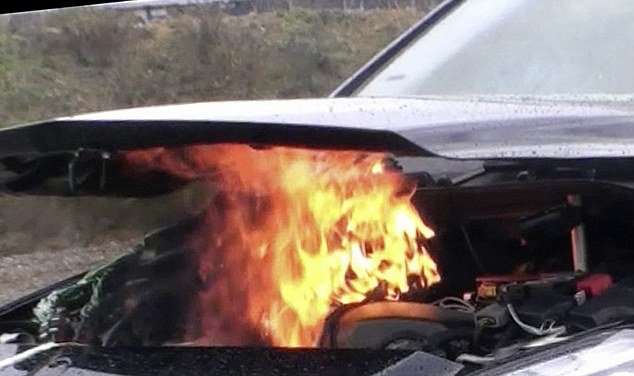
Avoiding the Dangers
We all know the story of getting into the car on a hot day and finding out the air-conditioning isn’t working properly.
A popular term used for one of the most common remedies to this situation is a “regas,”meaning the refrigerant gas used in the system has run low and needs topping up.
But refrigerant in a properly functioning air-conditioning system doesn’t just get used up. If it has disappeared the reason is usually either a faulty component or a leak – so just topping up the gas is like re-inflating a flat tyre without repairing the puncture.
You wouldn’t inflate a tyre with LPG though, would you? Unfortunately a worrying trend has emerged in the less reputable corners of Australia’s vehicle air-conditioning service industry, in which dodgy operators pump cheap, highly flammable gases into systems that were never designed for it.
It doesn’t take a genius to work out the possible consequences of that and the additional dangers in a collision situation – not to mention the perilous situation facing innocent mechanics unknowingly servicing a car with an engine compartment full of flammable gas.
Because the industry standard refrigerant, R134a, is a powerful greenhouse gas if released into the atmosphere and therefore heavily loaded by the Carbon Tax, the cheaper flammable products use slogans claiming they are natural and eco-friendly.
But what might seem like a cheap, eco-friendly fix for your air-con is likely to lead to more visits – much more expensive visits – to the workshop down the line.
VASA member workshops have reported endless horror stories of air-conditioning repairs costing vehicle owners thousands upon thousands of dollars due to one of these cheap re-gas jobs. In almost all cases, remedial work costing a few hundred would have fixed the problem for good first time around.
The message is clear: if your air-conditioning stops working, don’t accept just a re-gas as the solution as it is storing up trouble.
Certainly don’t let anyone fill your system will highly flammable, dangerous, damaging refrigerants. Accept only the refrigerant recommended by the vehicle manufacturer – this
will be indicated on a label under the bonnet and on the vast majority of modern cars is R134a.
